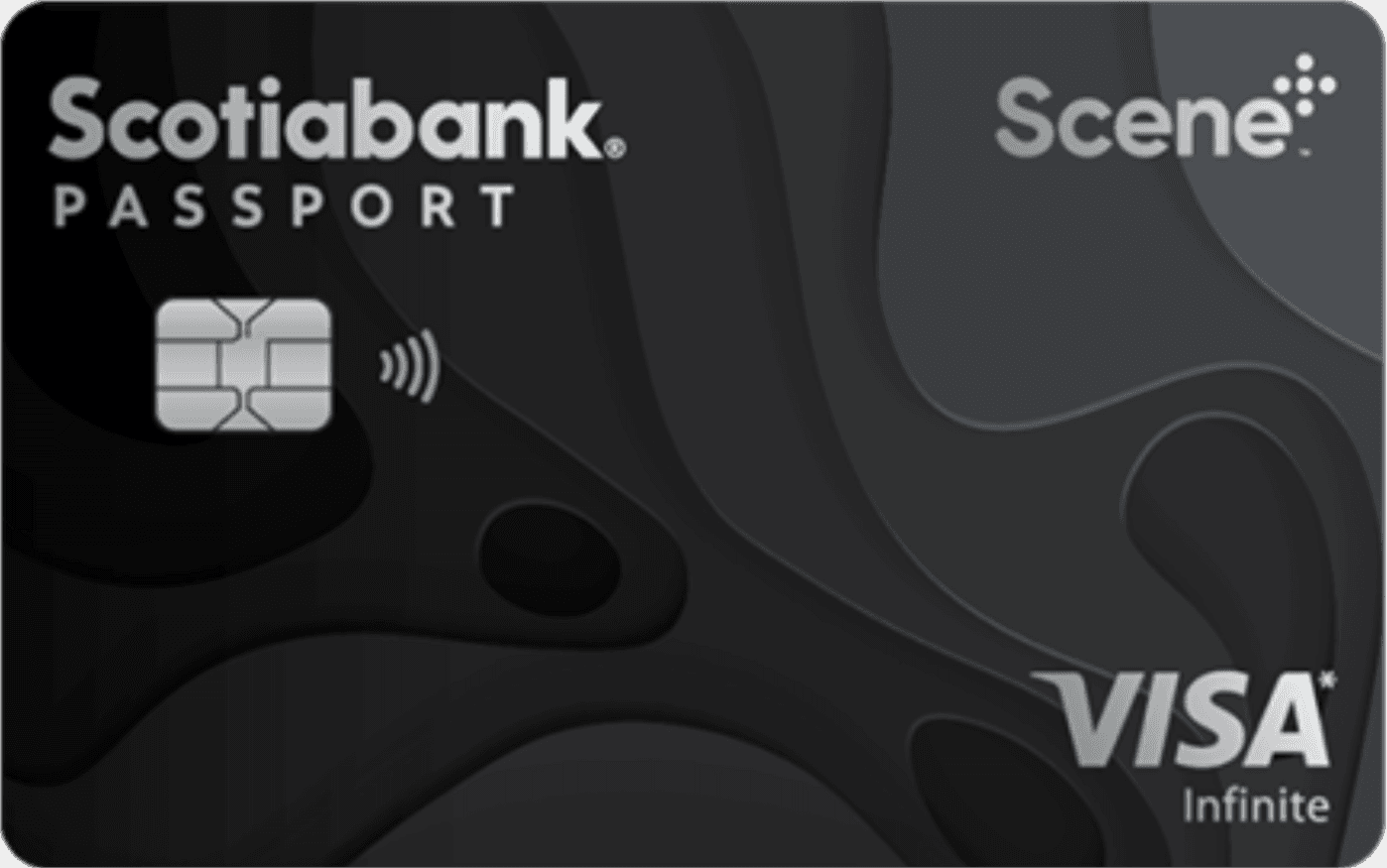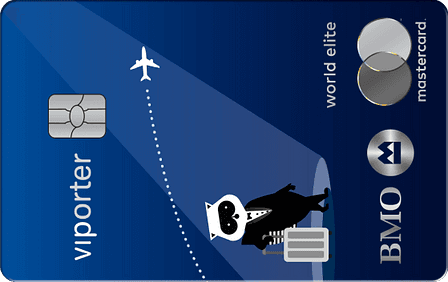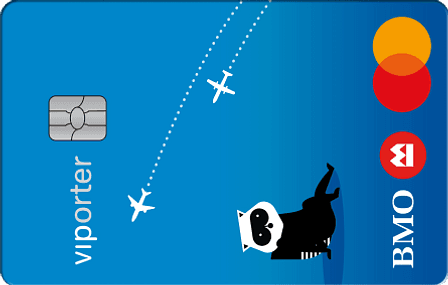
Can Credit Card Companies See Your Income in Canada?
Abid Salahi
Author8 min read
Owning a credit card saves you from the worries of keeping paper money and allows you to conduct financial transactions with the freedom to pay later. To apply for a credit card, you must share personal and rather sensitive information about yourself with the banks. Only after processing that information does the credit card company or bank finalize the acceptance or rejection of your credit card application.
But can credit card companies see your income? The short answer is:
In Canada, credit card companies typically don't have direct access to your income information. They will use the income amount you specified in your credit card application. In most cases, they take your word for the amount reported, but in some rare cases, they might ask to verify your income.
This post will go into the details of whether the credit card companies see your income, how they verify your income, and why they need to see your income in the first place.
So, can credit card companies see your income?
When you apply for a credit card, the institution asks for your personal information, employment status, and income. In most cases, the credit card company does not cross-check your income details from the stated employment and grants you the credit card. In these cases, they take the credit bureau report and base their decision on that report rather than investigating your income. Credit card companies take indirect information about your creditworthiness through credit bureaus to decide whether to accept or reject your credit card request.
They can't see your income directly, but from a legal standpoint, credit card companies have the right to ask you to verify your income, financial status, and capability to use the credit card.
Want to earn $1,000 MORE in credit card rewards?
Grab your free guide to learn how to maximize the credit card rewards you earn
.png&w=3840&q=100)
How do credit card companies verify income?
Though this happens in very few cases, the credit card company can ask you to provide a pay stub. They usually ask for paystubs for the past few months.
Paystub is your digital record keeping for the income you received from your employer. It shows not only your monthly income but also your net income after deducting insurance, taxes, and other mandatory deductions. Paystub gives a realistic picture of the credit card company on which to base their decision. If the applicant has lied about the income and refuses to show the paystub, the Credit Card Company has the right to reject their application.
Why do credit card companies need income information?
You might be wondering why credit card companies even care about the customer's income in the first place. In Canada, credit card companies ask for income information, including the nature of a job or business, and other personal information for multiple reasons. Some of the major reasons include:
Ascertain the applicant's creditworthiness
Credit card companies must ascertain that the applicant can return the borrowed credit. The income bracket gives a fair idea about the applicant's source of income and his/her ability to repay the debt. Since their ability to repay the debt seems low, applicants with lower annual incomes seem like a high credit risk to credit card companies. On the other hand, applicants with relatively high annual income bear a low credit risk since they have enough funds to pay back the borrowed debt.
To complete the required paperwork
Credit card companies are responsible for ensuring that the applicant is worthy of credit card approval. Their mandatory paperwork requires ascertaining the applicant's financial position and credit score. By looking into the income details, the companies make sure that the applicants can pay the credit card balance they are applying for.
Regulation Requirement
The regulatory body in Canada requires that financial institutions, including banks and credit card companies, get all relevant information to their customers to ensure there is no chance of monetary fraud, money laundering, and other such crimes. To comply with these regulations, all credit card companies must gather information about the applicant's income and maintain a proper record of the income while allotting a credit card. This way, the companies ascertain that the applicant has a valid identity and income source.
Determine credit limit:
Income information is based on which credit card companies determine the credit limit allowed for the customer. The credit limit is the maximum credit amount to which the customer can conduct transactions. This limit is not definite and can vary from customer to customer based on their net income and financial standing. This is why credit card companies ask for annual income to ascertain an appropriate credit limit for the credit card holder. Of course, this decision is based on other metrics, such as credit score. Still, the rule of thumb says that if a customer has a high annual income bracket, then they will be allowed a reasonable credit limit. In contrast, a customer with a low yearly income will receive a credit card with a low credit limit.
Effective marketing strategy
Credit card companies design their product offerings based on the demographics of potential customers. Different cards and their associated rewards and benefits are meant for customers of varying income brackets. By knowing the income level of potential customers who show interest in their product, credit card companies can design product offerings that can attract customers and persuade them to apply for credit cards.
Do credit card companies only base their decision on income?
In Canada, credit card companies require certain personal information to base their decision on accepting or rejecting your credit card application. Income information is just one bit of this personal information, but in actuality, the companies look into many factors in a parallel fashion to finalize their decision.
You might be wondering why companies need to know any other information if they can verify that your income can support your credit card payments. Well, it is because of multiple reasons, including (not restricted to):
- The applicant’s income might be good, but his/her credit score is quite low. It is because the applicant uses a credit card to the highest limit and then only pays the minimum amount. An applicant with a low credit score cannot be awarded a credit card. So, in this case, despite the income level, the other factor (credit score) helped you make the final decision.
- The applicant might be involved in fraudulent activities such as money laundering, which can be accessed by financial standing and financial repute.
- The applicant's credit history might show that he/she is a reckless spender who is tempted to spend more than he/she can afford to pay back. For such customers, the decision will be based on evaluating income and historical behaviour while considering the credit card application.
This is why credit card companies also get information about applicants from credit bureaus. This information helps them to ascertain the credit history of applicants and gives a clear picture of applicants’ loan-taking habits, payment patterns, and usage of credit cards.
All these factors combine to evaluate the credit risk associated with the applicant. By accessing all these factors, credit card companies make an informed decision while accepting or rejecting a credit card application.
What if applicants lie on credit card forms about income?
First off, this is not recommended.
Secondly, since the credit card companies do not see the income of all applicants, it might give the applicants the impression that they can easily lie on the form to get the required credit card. Though it is possible to lie, there are severe consequences if applicants are caught lying. This is what applicants have to go through in Canada if they are caught lying about income:
- If the lie is caught while evaluating the application, then the credit card application is immediately rejected.
- Even if the applicant receives the credit card before the credit card company finds out the applicant lied about the income, they can terminate the agreement.
- Along with card termination, the applicant might face legal consequences. In Canada, legal action can include fines and severe criminal charges. The regulatory bodies in Canada believe in severe punishment for criminal offenses, and they show no mercy for monetary fraud.
- A credit bureau may give the applicant a low credit score. Having such a low score and a poor historical financial standing will be enough to ensure the applicant won't receive any loan or credit card from other companies.
- If the applicant is caught lying, then they can't just say sorry and change the wrong information. Rather, they can't change the information once shared, and upon confessing the wrong information, the applicant has to face the consequences.
It's important to note that honest mistakes can happen on credit card applications. If you find that you made an error on your application after submitting it, try contacting the credit card institution and correcting it.
Trending Offers

Scotiabank Passport® Visa Infinite* Card

BMO VIPorter World Elite Mastercard®∗

Scotia Momentum® Visa Infinite* Card

BMO VIPorter Mastercard®∗

Scotiabank Value® Visa* Card